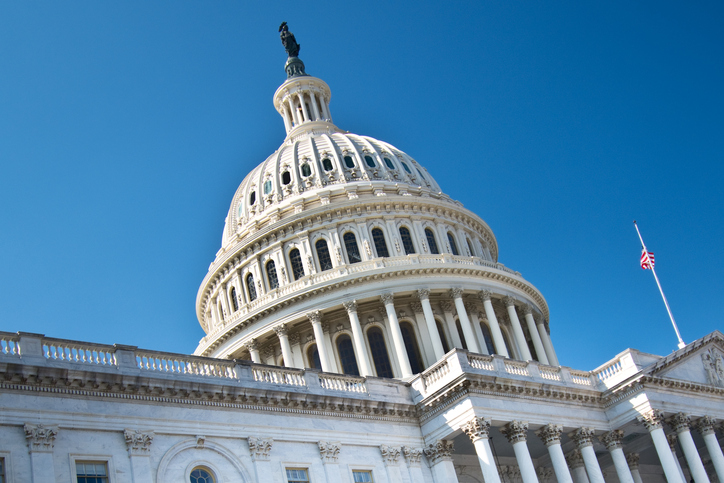This week, 37 addiction recovery advocacy organizations sent out a letter urging Congress to establish a dedicated Center for Addiction Recovery at The Substance Abuse and Mental Health Services Administration (SAMHSA). This dedicated focus on recovery is essential to strengthen the recovery systems in each state and territory so they can build recovery capital and equitably serve the diverse communities impacted by addiction and recovery. The California Consortium of Addiction Programs and Professionals (CCAPP) President and CEO Pete Nielsen states, “This is a great step forward for the recovery community to working together for a common purpose and be heard instead of being anonymous and silent. If the recovery community is silent, people suffer in silence and may die from the disease of addiction.”
The letter sent to Members of Congress detailed the need for support for the recovery focused Center for Addiction Recovery. The purpose of the Center would be to send out block grants immediately instead of waiting many years for funds to be distributed. The immediate procurement of grant funds is a crucial necessity to ensure recovery capital in communities. The development and strengthening of statewide and local recovery capital has never been funded in a stable and consistent manner, which is unacceptable. The need is stronger now than ever due to there being two epidemics happening in America: COVID and substance use.
The Center for Addiction Recovery would be able to help ensure funds are allocated in a timely and secure manner and reach its intended use. Until September of 2025, Congress is allowing Single-State-Authority’s (SSAs) the opportunity to procure funding for emergency relief because they have not been able to distribute large increases in new funds for intended use in a timely manner, even though SAMHSA has the ability to directly distribute funds to eligible community-based organizations. Unfortunately, waiting until 2025 is too long of a wait to send out grant funds, especially in emergency situations. Furthermore, funding should be going to the community-based organizations with direct insight to the local needs of communities rather than large foundations.
Secretary of CCAPP Michael Prichard explains, "Individualized care, as it pertains to positive outcomes for those in Substance Use Disorder (SUD) treatment and recovery, is a well-established idea. Unfortunately, it is not always carried out in practice. In order for individuals to receive individualized care, there must be complete and comprehensive system of on demand care. To the degree that there are gaps in the system, individualized care is compromised and positive outcomes suffer. Recovery services, provided by Recovery Community Organizations (RCOs) are a critical part of the system of care, particularly as it relates to recovery maintenance. Despite their importance, RCOs are under vastly funded. Similar organizations within mental health are not only provided funding but encounter less obstacles to available funding. SUD and mental health services are both under the umbrella of behavioral health services but are not treated equitably. I am glad that recovery-oriented organizations across the nation are joining forces to point out the inequality that exists and to urge congress to create a Center for Addiction Recovery at The Substance Abuse and Mental Health Services Administration (SAMHSA). The first step in reducing stigma and health inequality at the public level, is to eliminate it at all levels of government."
The National Coalition of Recovery Advocacy Organizations are eager to get support from Congress to see these implementations made so that strong, stable funding for statewide and local recovery community organizations to save lives is guaranteed. Action must be taken now to help local communities in need. Addiction Recovery Communities of California (ARCC) Chair Devon Wayt says, “We are proud to be a part of this call for change. The need to establish a Center of Recovery within SAMHSA is a critical step to ensure local recovery communities around the nation are adequately equipped with the funding they need to maintain recovery capital. Responding urgently, especially during these challenging times, is a necessity to ensure the well-being of recovery communities.”

Kristina Padilla MA, LAADC, ICAADC, CGS
Kristina Padilla is a leader with the California Consortium of Addiction Programs and Professionals (CCAPP), where she serves as the Vice President of Education and Strategic Development overseeing CCAPP’s Education Department. Additionally, she travels throughout California and the nation bringing addiction focused businesses together to promote the profession, increase access to services and improve the quality of AOD service provision through education, business development, and investment in quality programming. Ms. Padilla has a Bachelor’s of Science in Criminal Justice Administration and a Master’s Degree in Counseling Psychology. Ms. Padilla is a Licensed Advanced Alcohol and Drug Abuse Counselor (LAADC), and an International Certified Advanced Alcohol and Drug Abuse Counselor (ICAADC).


Exactly! I don’t like to bring politics into conversation but I must. History shows Democratic presidency versus Republican presidency are polar opposites when helping the addict. We need more help I agree, but Democrats are more likely to shun our loved ones because of their belief in wasted funding. Of course, addiction is not on a positive with the teeter totter see saw. There is more failure over success because of the strength of the addiction. However, with funding; education, better income for professionals and added branches to the tree of recovery, success can ramp up. Harm reduction has improved lives already. I believe if we can get/have lobbyists to keep us in the “faces” of this administration we can at least garner some advantages. We may not get what we want, but we can get more than is given at this time. I suggest starting a committee of debaters, unapologetic individuals, real stories and real successes along with our real failures to show demographics, data, races, ages, etc. We are more intelligent than these average individuals. We need to talk and show. Democrats need real data to understand. I don’t blame them because they see the failure over the smaller success ratios. However, if we can show proof of success(even with a small model), I “believe” their mind will be more open. Thank you for allowing my take on this matter.
Tony Ortega
I like what I read count me in for soupport